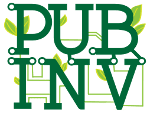Why Public Invention Matters to the Future
We invent things that help humanity
We invent things that help all people. We empower inventors, technologists, and students to publish, find, and collaborate on invention ideas through direct coaching, team formation, curation of work, publication, co-working/learning events, and in some cases material support.
We challenge the notion that inventions should be reserved for patents and profits. Rather, we invite fellow builders of the future to use their skills for a humanitarian purpose. We want to make the future better for everyone. To do this we remove, rather than add, legal barriers to the free use of our inventions. All work done with Public Invention is free and open to all under share-alike public licenses.
The Public Inventor of the future is not a lone genius but a person who is part of a community. We empower Public Invention Teams that embrace the interdisciplinary talents that combine to shape the future: inventiveness, design, writing, art, photography, engineering, administration, fundraising, and other skills we cannot predict. All of our work is in service to nurture humanitarian invention.
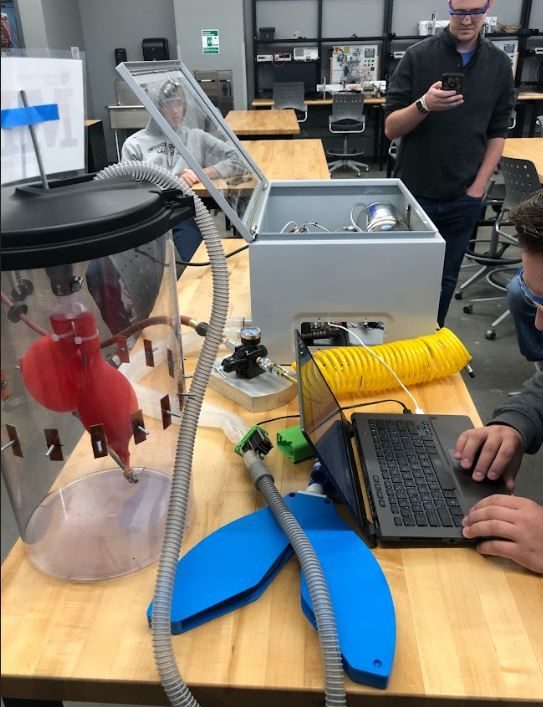
Who is a Public Inventor?
Born from a child whose books, comics and films put the idea of wanting to be a great inventor into their head and inspired them to attract other friends where together they could form a league of inventors who would work on solving big and important problems that would prevent them from feeling too lonely.
What can we do to prevent these children from feeling alone or “rare” in society rather than seeing their peculiarity as something special?
Create an environment where we let them dare to fail, be disruptive, creative and innovative, by learning how to weld circuits, electricity, electronics, microprocessors, build with 3D printers and publish their ideas.
Public Invention makes a difference by inventing things for humanitarian purposes that help all people. Training inventors, technologists and students to find a PIHE space where they collaborate and conceptualize their ideas in inventions through team building, job selection, learning events, joint work and, in some cases, material support.
At public Invention, we believe that the public inventor of the future is a person who is part of a community that embraces the interdisciplinary talents that combine to shape the future: inventiveness, design, writing, art, photography, engineering, administration, fundraising. All our work is in the service of promoting humanitarian invention.
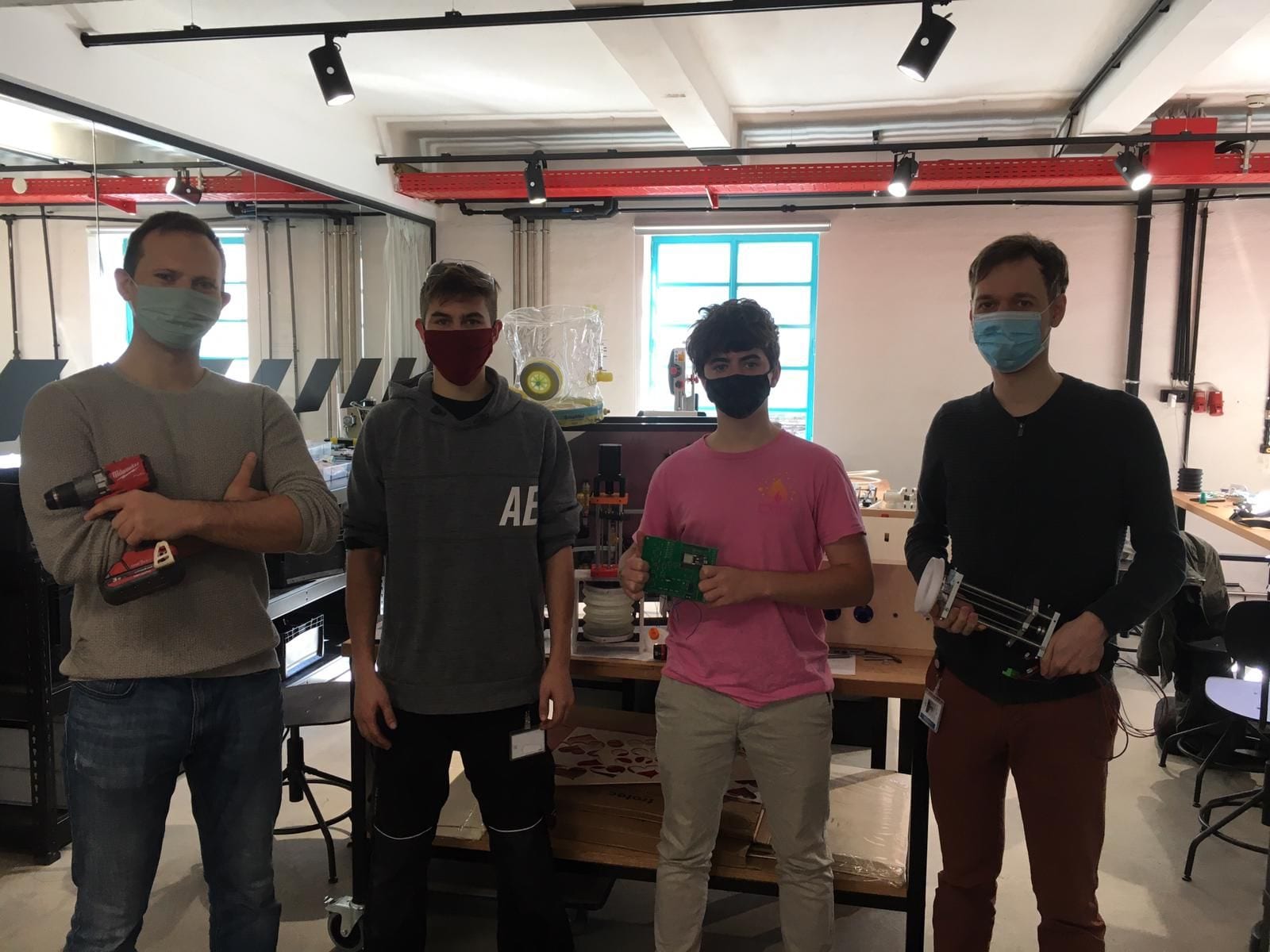
Public Inventors follow these principles:
- Share everything equally and immediately. Do not seek patents that imply a monopoly that is the antithesis of sharing.
- Work in the light. In addition to publishing successful inventions, publish failures. Publish mediocrity. Publish everything. Work in the public for the public.
- Keep it real. Always be working towards a real invention that reallys helps people. It is better to make something tiny and real than to make something grand and awesome that is not real. A roller skate is better than a toy space fighter.
- Don’t build weapons. Technology is not neutral. Some things are more easily used for good and harder to pervert than others. Invent things that heal, help, educate, entertain, enlighten, strengthen, and ennoble humanity.
- Ideas are cheap. Invention requires a flash of insight, an inspiration. But that is only 1% of the work of developing an idea.
- Seek egalitarian usefulness. All else being equal, inventions which make us more equal are better than inventions that make us less equal.
- Collaborate whenever possible. Even if it slows you down, try to involve others whenever you can.
- Honor and value every contribution. Some inventions require specialized math; all inventions require general communications and the most specialized and the most general skills are all needed.
Who we are in 2024
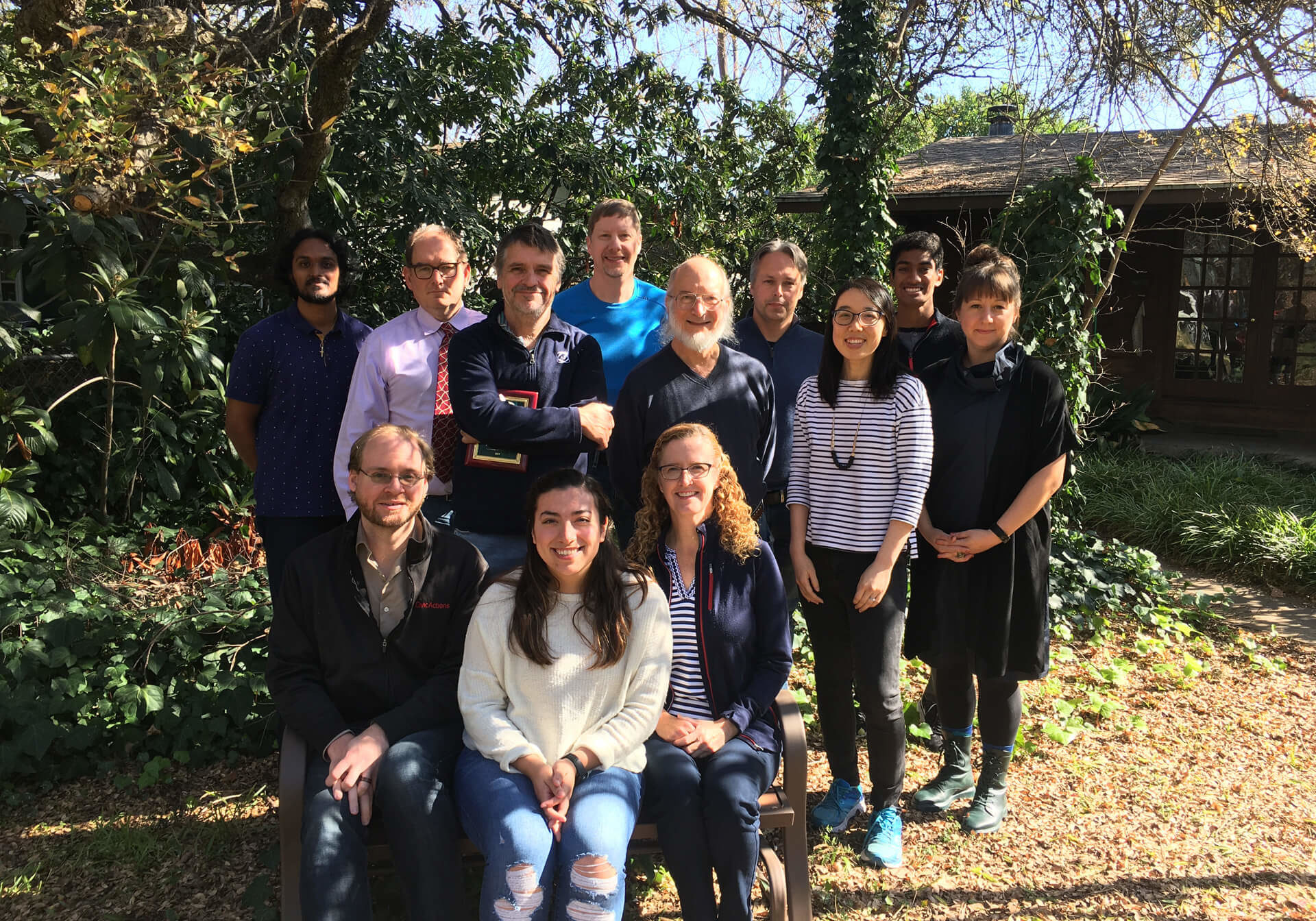
Robert L. Read is the head coach and founder of Public Invention, and devotes most of his time to it.
Check out our quarter and financial reports to see what we have accomplished this year!
Current Board members in 2024 include: Stephanie Liu, MS; Adam Riggs; Avinash Baskaran, PhD; Victoria Jaqua; Sabia Abidi, PhD; John K. Gibbons, MS; Sarah Benson-Konforty, MD; Mark Jones, JD; and Robert L. Read, PhD.
Our Projects
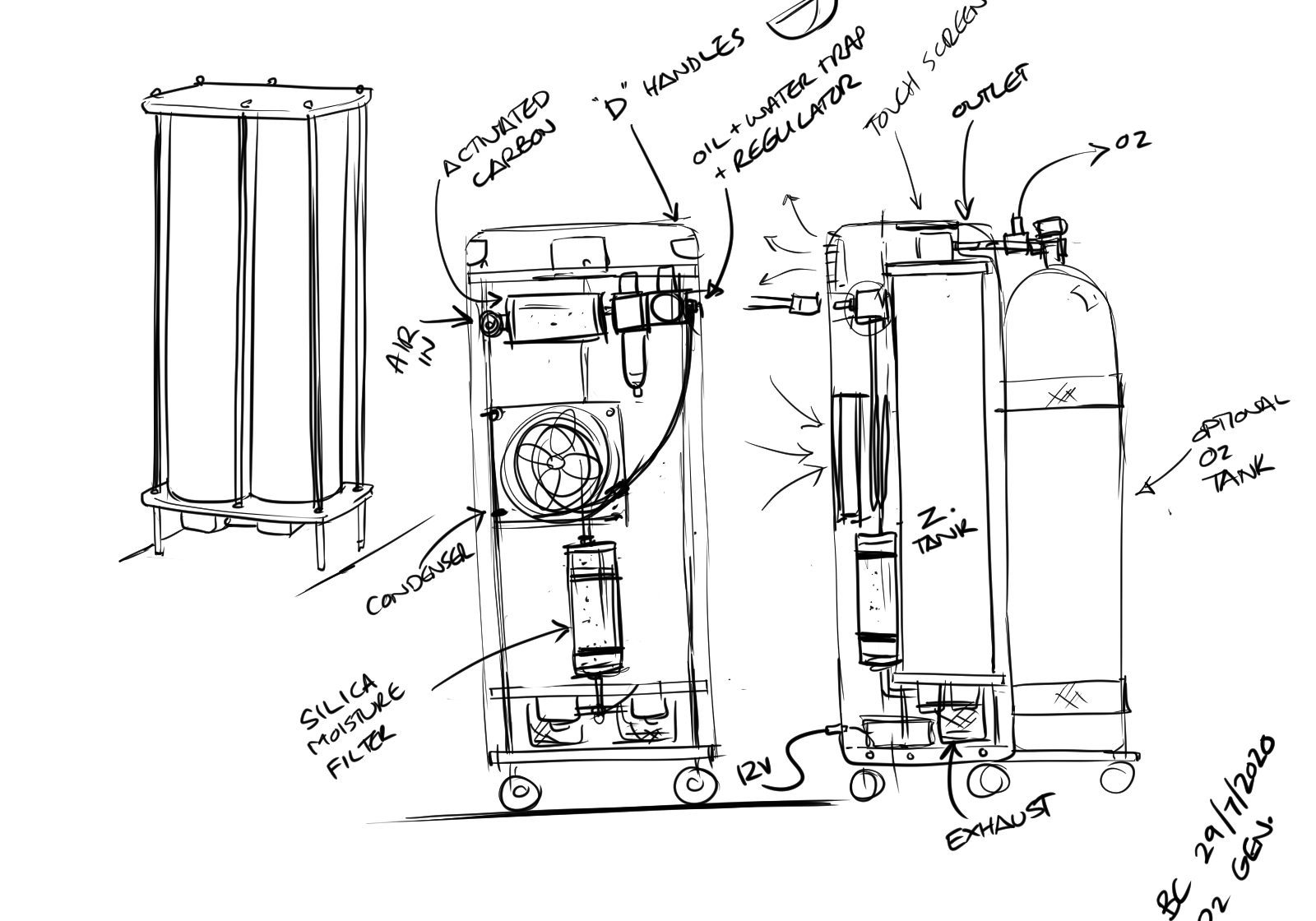
We have defined 48 public invention projects. You might like to read our invitation about these projects. You may want to review our project ideas via our spreadsheet.
